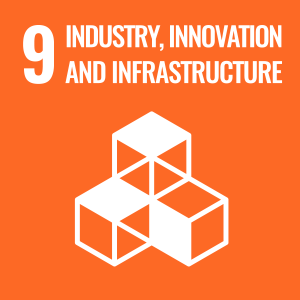Python Programming
Students will have the chance to consolidate their programming knowledge from the previous two years, with an emphasis on more advanced concepts such as data structures, iterative loops and reading and writing to text files. Students will spend time skill building, ultimately working towards challenges to real world problems, to aid their progress towards this, students will have weekly verbal feedback and complete regular multiple-choice quizzes.
Advanced Computing Theory
Students will build upon previous knowledge from their last two years, looking deeper into hardware, software, binary, text, images, networking, binary logic and sorting algorithms. Students will be completing weekly theory tasks and developing specific Computing theory knowledge, to aid their progress towards this, students will have weekly verbal feedback and complete regular multiple-choice quizzes.
3D Modelling in Blender

Students will be exposed to the creative side of Computing and be exposed to advanced skill building in a 3D environment, skills in box modelling, texturing, rendering, animating and working to client briefs will all be developed so students can apply these skills in a future media industry. Students will be completing weekly theory tasks and developing specific Computing theory knowledge, to aid their progress towards this, students will have weekly verbal feedback and complete regular multiple-choice quizzes.
Physical Computing

Students will further embed key programming concepts, utilizing sequence, selection and iteration to apply them to a real-world environmental activity, ensuring responsible use of electricity as a power source. Students will gain further physical computing experience utilising the Microbits. Students will be working towards completing a challenge to an environmental brief and skill building along as they go, to aid their progress towards this, students will have weekly verbal feedback and complete regular multiple-choice quizzes.



